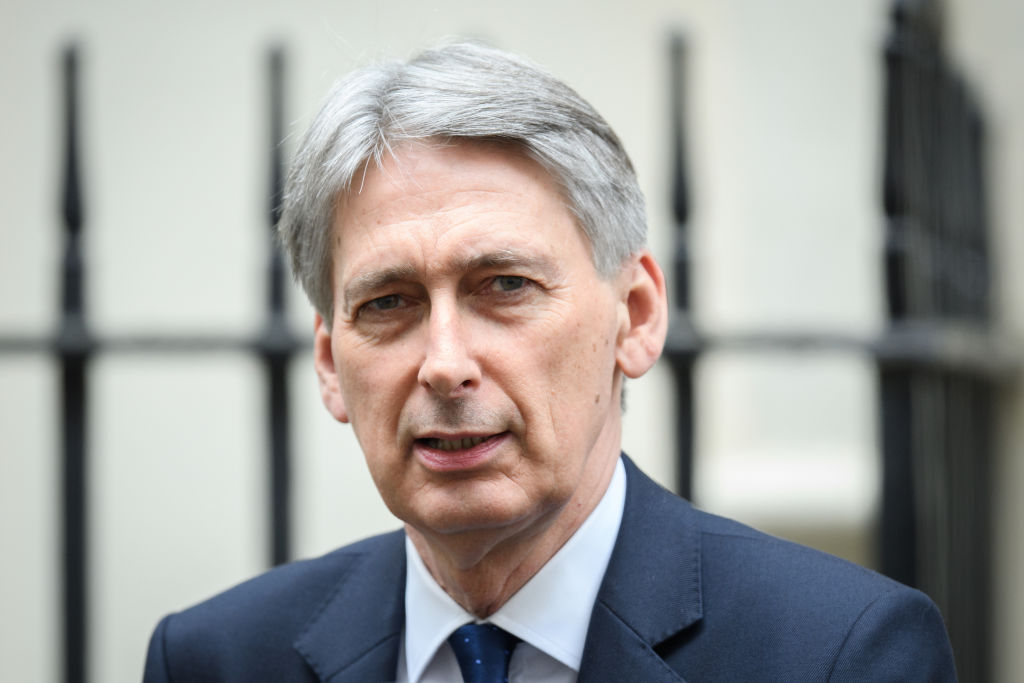Had last week’s expected landslide actually occurred Philip Hammond would by now be working on his memoirs. Instead, he is still in his job and demonstrating why, according to rumours, Theresa May might have liked to have removed him from the Treasury. He has reportedly demanded that May’s policy on Brexit be watered down so that Britain remains in the customs union but not the single market.
Staying in the Customs Union would be the quickest way to keep the DUP happy as it would make certain that the border between Northern Ireland and the Irish Republic remains open. But in all other respects it is the wrong way round. If Britain were to remain partially connected to EU institutions it would be far better were it to stay in the single market and outside the customs union.
The single market is an arrangement to allow a free market in goods and (theoretically) services between its members – as well as the free movement of people. The customs union concerns trading relations with countries outside the EU. All members of the customs union agree to charge the same tariffs on goods entering their countries from the wider world. The important difference is that is you are a member of the customs union you are prevented from negotiating your own trade deals with external countries – if you did, it would prevent the customs union from functioning. It is possible, on the other hand, to be a member of the single market without being a member of the customs union. In that situation, Britain would be able to enjoy free trade with EU countries while still being free to do our own trade deals with the US, China, India and so on. Norway and Iceland already have this arrangement. Turkey and Andorra, on the other hand, are members of the customs union without being members of the single market.
Were controlling immigration the over-riding concern it would make sense to follow Turkey’s example. If we are prepared to be more relaxed on immigration, on the other hand, the Norway option is a far more sensible option as it would allow us to overcome one of the drawbacks of EU membership: having to rely on its tardy trade negotiations with external countries. It is a symptom of the EU’s failure that it still has no trade deals with the world’s three largest economies: the US, China and Japan. Were our own government to put its mind to it we could almost certainly do better than this. In negotiating our own trade deals we could concentrate on sectors which benefit Britain, as Switzerland did when successfully negotiating deals with China and Japan. We wouldn’t get bogged down in having to satisfy protectionist interests in 27 other EU states.
We could also achieve this, of course, by sticking to Theresa May’s plan and leaving both the single market and customs’ union and instead trying to negotiate a trade deal with the EU – although this does run the risk that any deal we secure could be a lot less advantageous than staying in the single market.
But either way, the Hammond option is the worst of all worlds. Unless, that is, you are influenced by two over-riding concerns – cutting immigration and keeping the Irish border open – and don’t care all that much about free trade. That might satisfy Ukippers and the DUP but will be an anathema to economic liberals.







Comments